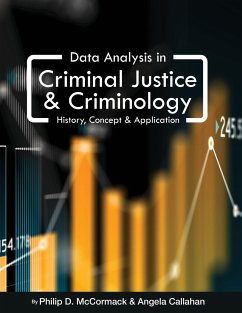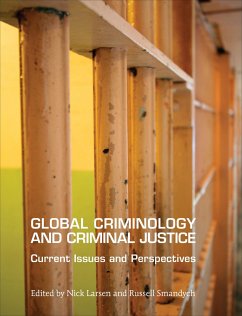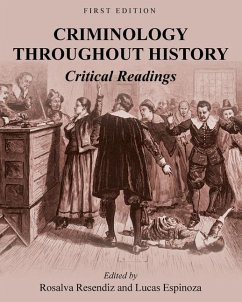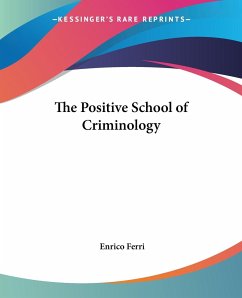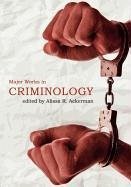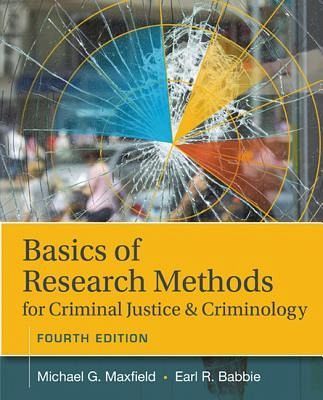
Basics of Research Methods for Criminal Justice and Criminology
Versandkostenfrei!
Versandfertig in über 4 Wochen
222,99 €
inkl. MwSt.

PAYBACK Punkte
111 °P sammeln!
A concise, streamlined paperback that reflects the latest developments from the field, BASICS OF RESEARCH METHODS FOR CRIMINAL JUSTICE AND CRIMINOLOGY, Fourth Edition combines a conversational writing style with Michael G. Maxfield's expertise in criminology and criminal justice. In fewer than 400 pages, this popular, student-friendly text introduces you to the core of criminal justice research using the most current, real data available. It features coverage of such key topics as ethics, causation, validity, field research, research design, and more. The Fourth Edition includes expanded cover...
A concise, streamlined paperback that reflects the latest developments from the field, BASICS OF RESEARCH METHODS FOR CRIMINAL JUSTICE AND CRIMINOLOGY, Fourth Edition combines a conversational writing style with Michael G. Maxfield's expertise in criminology and criminal justice. In fewer than 400 pages, this popular, student-friendly text introduces you to the core of criminal justice research using the most current, real data available. It features coverage of such key topics as ethics, causation, validity, field research, research design, and more. The Fourth Edition includes expanded coverage of qualitative research and interviewing, focus groups in criminological research, and snowball sampling, as well as additional examples of student research. Balancing coverage of both qualitative and quantitative methods, the text is packed with real-world examples, practical applications, and Internet research exercises that help you "get" the basics of research methods.





